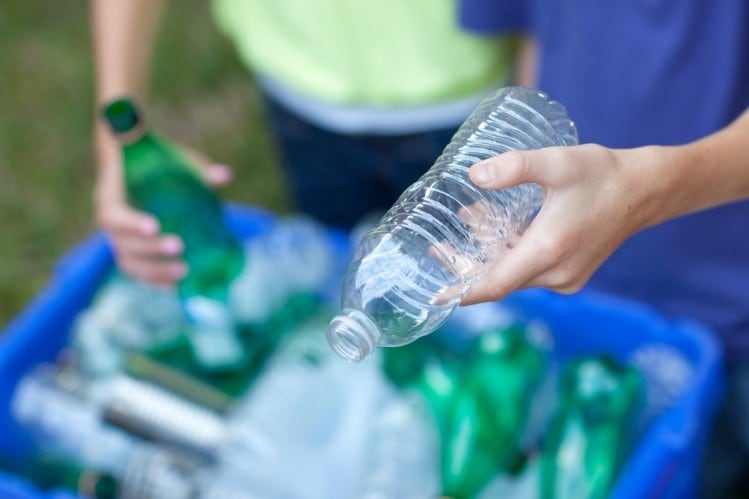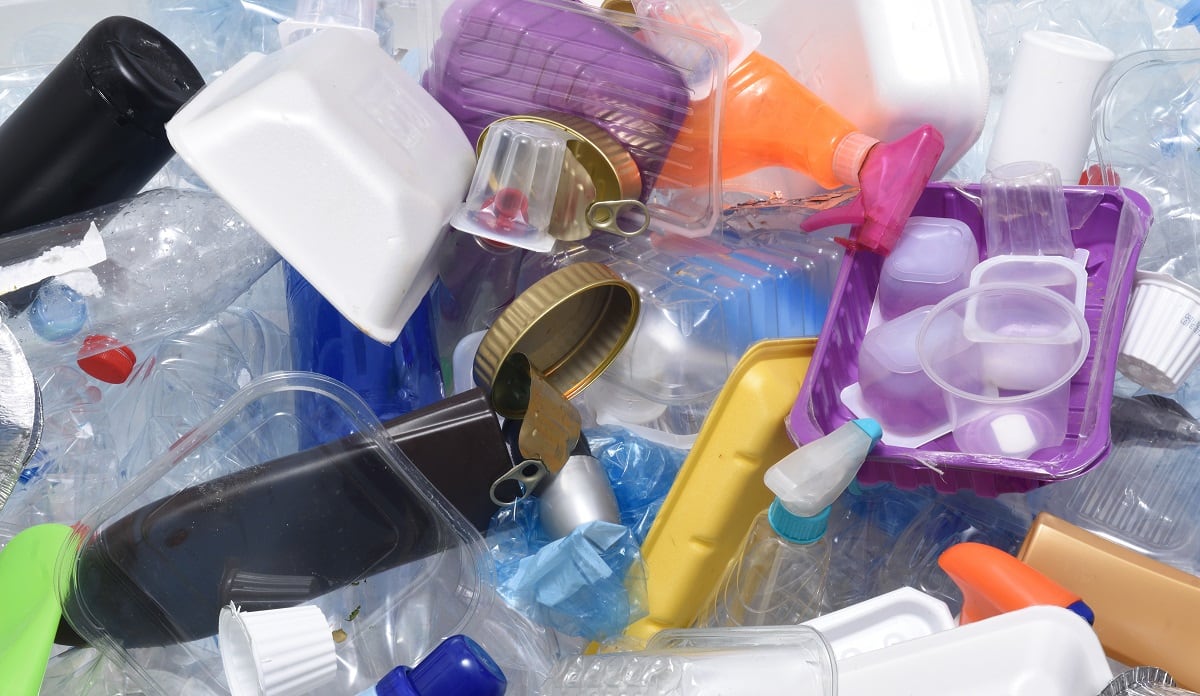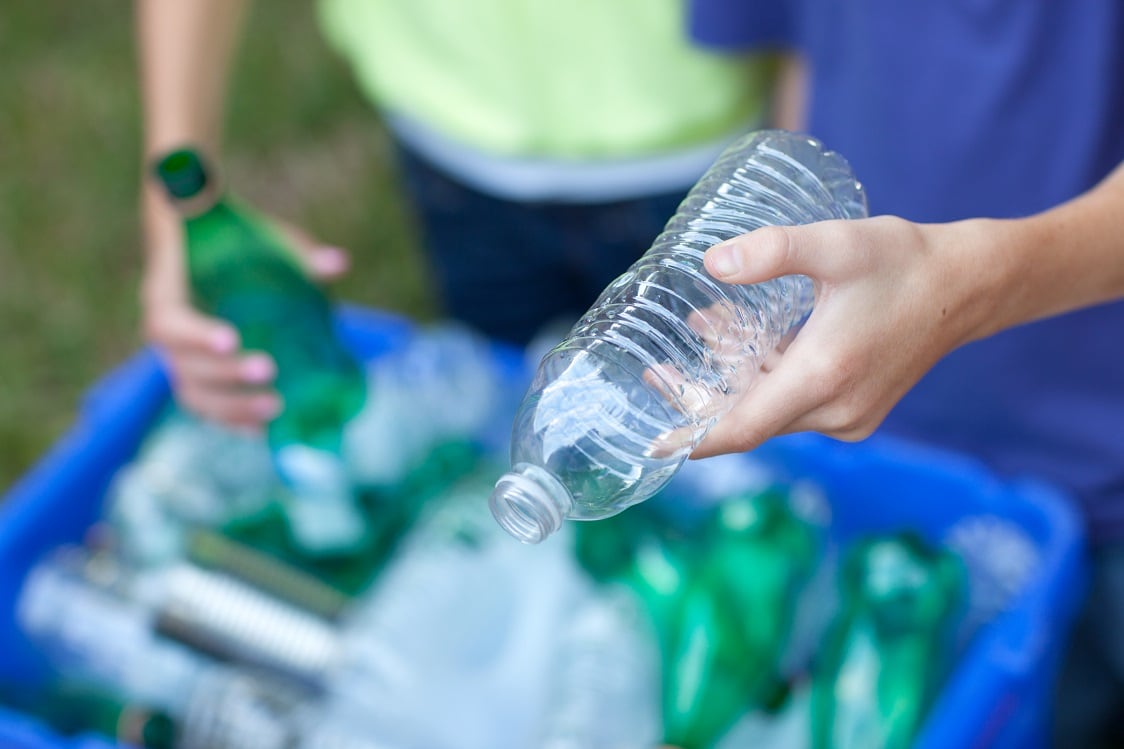I also completely understand the need to take a measured approached based on the other inflationary, financial pressures UK PLC now faces.
However, after months of consultation and deliberation, the government has, I believe, missed a golden opportunity to create a cohesive, UK-wide approach to producer responsibility for packaging waste.
Under the revised Defra proposals published last month (March), the UK’s delayed EPR scheme now features key significant differences across the devolved nations that takes us further away from an efficient, cost-effective approach to managing waste and encouraging far greater use of recyclable packaging.
A fragmented approach can only result in additional costs to national businesses as they are forced to adopt regional strategies, and confusion for consumers on where and how they should dispose of waste packaging.
For instance, some industry consultation responses raised concerns about glass collection via reverse vending machines (RVMs). They made the case that this form of DRS infrastructure potentially posed a greater safety hazard to consumers transporting glass to collection points; could result in poorer quality, crushed mixed glass than that currently collected through kerbside recycling, plus increased handling costs, equipment, and collection complexity.
Disparity between nations
The result is that there’s still a disparity between how the four nations intend to deal with glass bottles, despite them remaining in-scope of EPR: England has abandoned the inclusion of glass in any DRS scheme, while Northern Ireland will keep the issue under review until DRS is fully operational to ensure glass drinks containers meet the required recycling targets.
Significantly, Wales has decided to keep glass in-scope for DRS. This is partially because it recognises the continued advance of digital DRS technology solutions could, in time, allow bottle deposit return via existing kerbside collection. Separately, Scotland already includes glass in its delayed, DRS, - now set to begin August 2023.
Wales’ pragmatic approach based on its understanding of the role digital solutions can play is one I support. Our digital ‘tag and trace’ technology, enables brands to ‘tag’ their packaging using a scannable QR-type code. The Polytag platform allows each tagged package to be tracked at each stage of the recycling stream and reprocessed in an optimal way to ensure high-value materials, such as glass, are retained.
The ERP response also underlines the distinct lack of clarity over the government’s definition of ‘recyclability’ – the premise on which the ERP scheme hangs.
The government doesn’t appear to have shared any explicit methodology that will allow it, industry, and consumers to understand what and whose packaging is actually being recycled. Additionally, there doesn’t appear to be any solution for capturing and analysing current supply-chain packaging composition or recyclability. Even businesses themselves don’t necessarily have this information and there’s certainly no consistent, standard reporting format.
Expensive manual sampling
This means that the modulated fees the government intends to charge manufacturers based on the ‘recyclability’ of packaging will rely on laborious and expensive manual sampling at recycling facilities.
These issues could also be easily addressed by Polytag: unique packaging tags – linked to the Polytag platform - that allow businesses, governments, and consumers to understand how packaging is managed post-consumption. This information is particularly useful to sustainability leads in FMCG, but also to HMRC, the Treasury and local authorities to understand how much packaging is in circulation, where it is, how much new product is made from recycled materials and how much is returned to the circular economy.
It is encouraging that the government response leaves the door wide open for digital solutions that can help automate the various processes proposed, particularly when it comes to reporting and sampling – and potentially digitising mandatory, on-pack recycling labels.
A digital describe, tag and trace system would not only take the strain out of administering the EPR, particularly significant when industry is already under severe financial pressure, but also offer and end-to-end solution.




